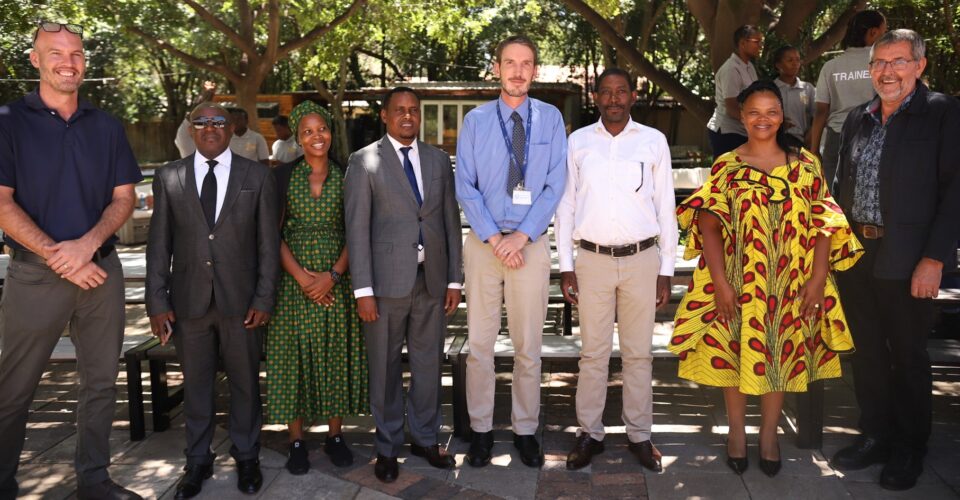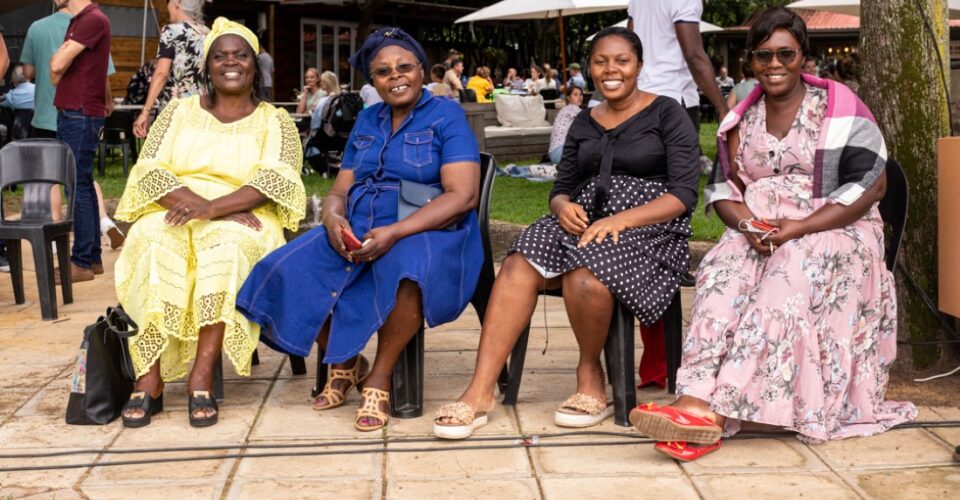
Conviction in fraud case reported by HMC
21 April 2022
Youth from South Africa travel to Christian conference in Norway
3 December 2022Church Support Programme in Africa

Workshops South Africa February 2022
February 2022. Summer in the southern hemisphere is drawing to a close. At a peaceful location in Gauteng, South Africa, about 100 international visitors from other parts of Africa have arrived over the past few days. They are participants from church congregations from Kenya, Tanzania, Malawi, Uganda, Congo and Cameroon. Together with a number of church members from South Africa, they form a diverse group of old and young, male and female, English- and French-speaking enthusiasts.
Published on 29 April 2022 | By Maaike Zwart
The Church Support Programme (CSP) aims to train local Christian congregations to become self-sustaining congregations and mission centres in Africa. As part of this programme, HMC has facilitated a series of workshops around various practical topics in South Africa, with the help of local people who know local needs best and by taking services from local service providers. As an HMC board member, I am attending the workshops this week to make my contribution.
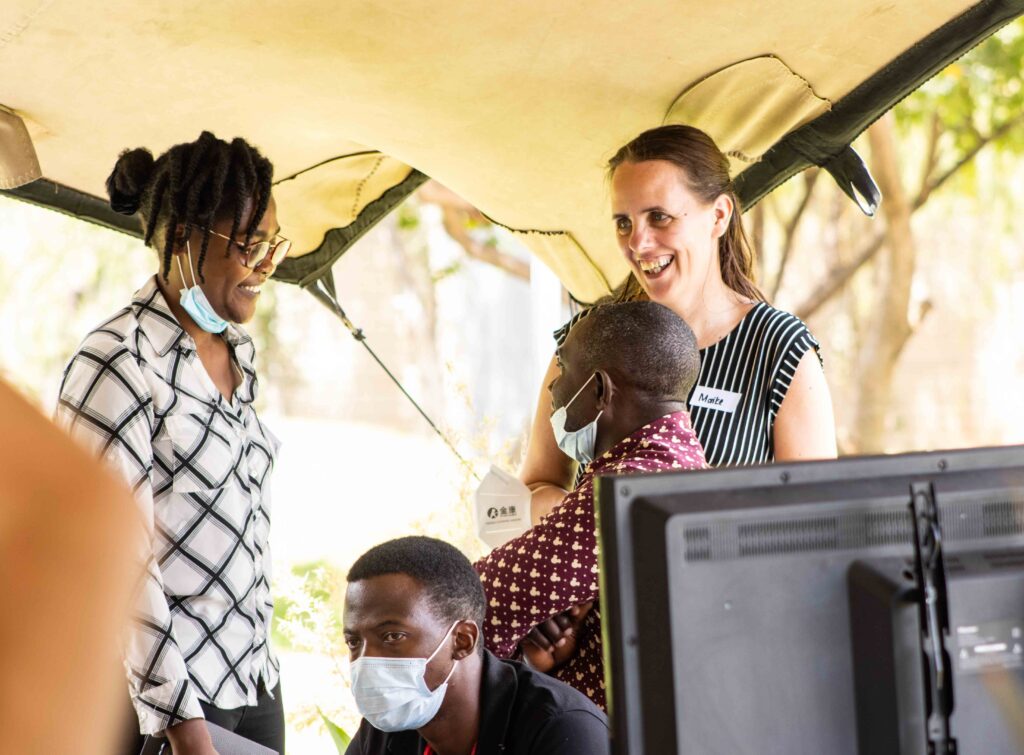

Self-sufficient mission statkon
Tielman Slabbert, an inspired pastor and evangelist from South Africa, warmly welcomes all present. It is remarkable how he knows the many visitors by name. In his words of welcome, he explains the purpose of the workshops. “Our wish is that at the end of the week, all participants have the same understanding of what it means to be a self-sustaining mission centre in Africa. Sustainable mission centres where the gospel is lived out in practical life.”
The basis of the vision for Christian congregations in Africa comes from the words of Jesus himself, in Matthew 28:18. “Go therefore, teaching all the nations, baptising them in the name of the Father and of the Son and of the Holy Spirit, teaching them to observe all that I have commanded you.”
All workshop participants are called to not only hear these words, but to be an active part of God’s work on earth. By putting the gospel into practice in your own country and place, you become part of the body of Christ and are an invitation for people around you to imitate Jesus.

Rolling up your sleeves
It also becomes clear that it is necessary for church members to actively contribute as volunteers to properly maintain and manage church halls built in different countries. There are too many examples of beautiful church buildings in the continent of Africa that have fallen into disrepair after only a short time. By rolling up their sleeves together to maintain the places where they meet, local church members start to feel co-responsible. Not only does this save a lot of money, but this is also an essential part of congregational life. Working together, getting to know each other while working, encouraging each other, involving the young people in the work so that they learn skills that will also enable them to support themselves in their personal lives, where they would otherwise have few opportunities.
After the central lectures, participants will move around the table by country to work very concretely, for example on preparing budgets and setting up administrations. Or an agreement with an administrator (sexton). What are the administrator’s tasks, how does the administrator report to the owner, how often and at what level of detail. From the HMC Foundation, I was able to explain what is important to HMC in the projects we carry out in Africa, emphasising once again the objective of this project.
The local workshops showed that there are differences per country. Not only cultural differences, but also difference in size of the congregation, or difference in experience in managing finances for the church. This means that we need to tailor to suit the needs of each congregation.
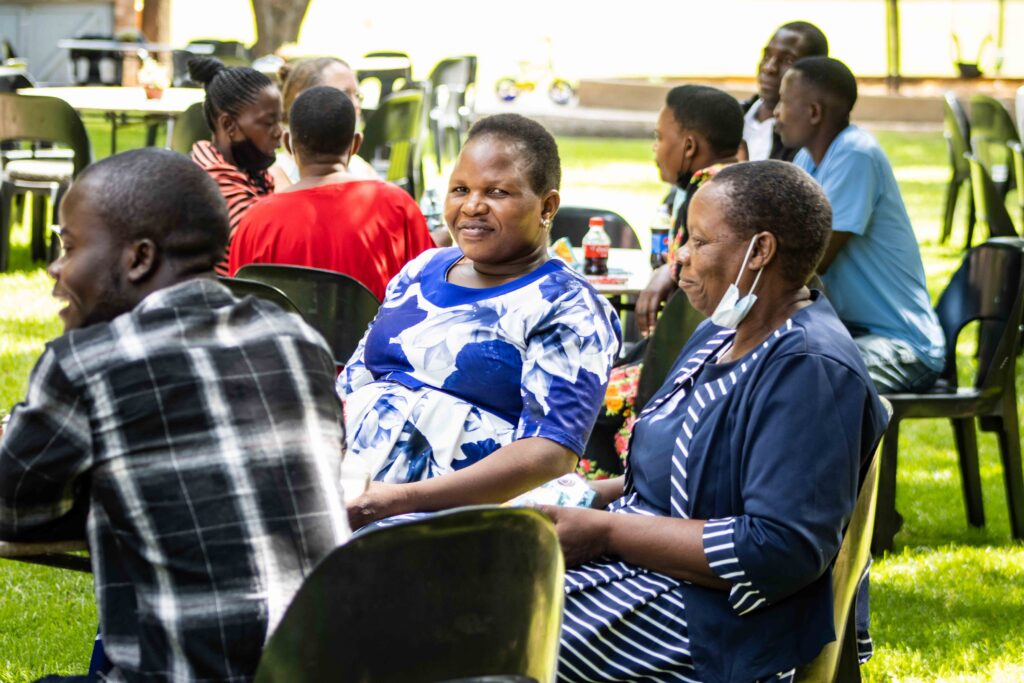
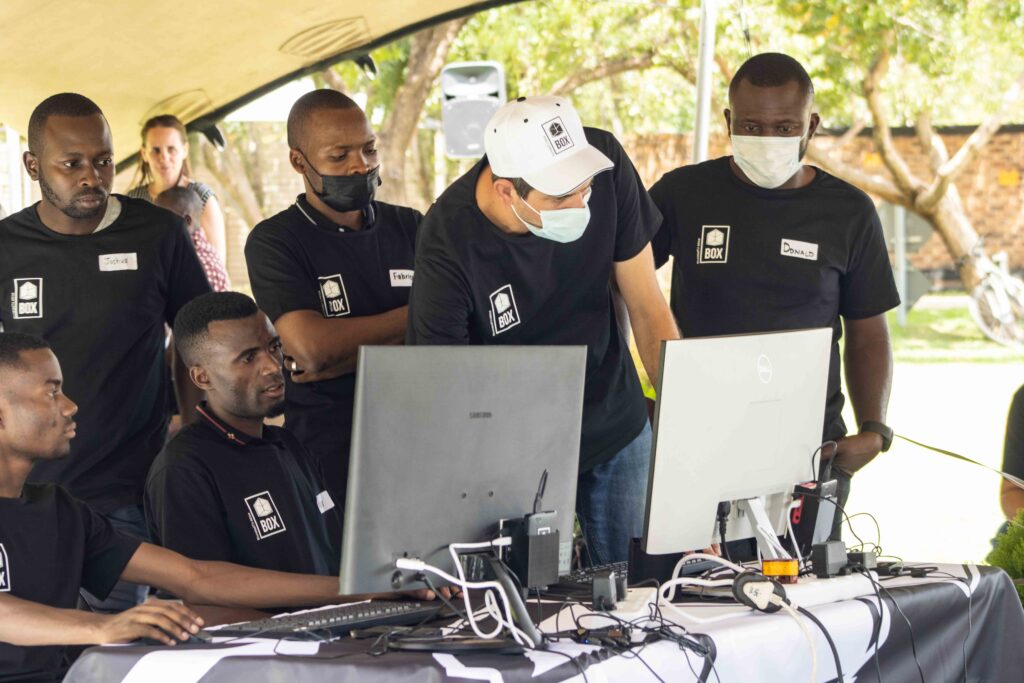
Learning contact moments
Between the workshops, there was a communal meal and the opportunity to exchange views with each other. I spoke to mothers who spoke enthusiastically about their children who learned to work and are now able to support their own families. I spoke to young women who, in addition to their jobs and families, are able to support the local church with their accounting skills learned in the programmes. Sunday school workers who want to exchange views with me on how we in Europe deal with Bible teaching to young children.
As a director of HMC, I am impressed by the work being done by local people in South Africa for the benefit of their neighbours. I have experienced the warm heart and caring for the individual. There is an atmosphere of unity, equality, respect and hope for the future. This motivates me as a director of HMC to engage with the opportunities I have from my position. As the youth from BCC congregations in Africa sing in the song below, “It’s time for Africa!”
Also read: The 2022 BCC Africa workshop
Photos are property of BCCSA © Copyright 2022



